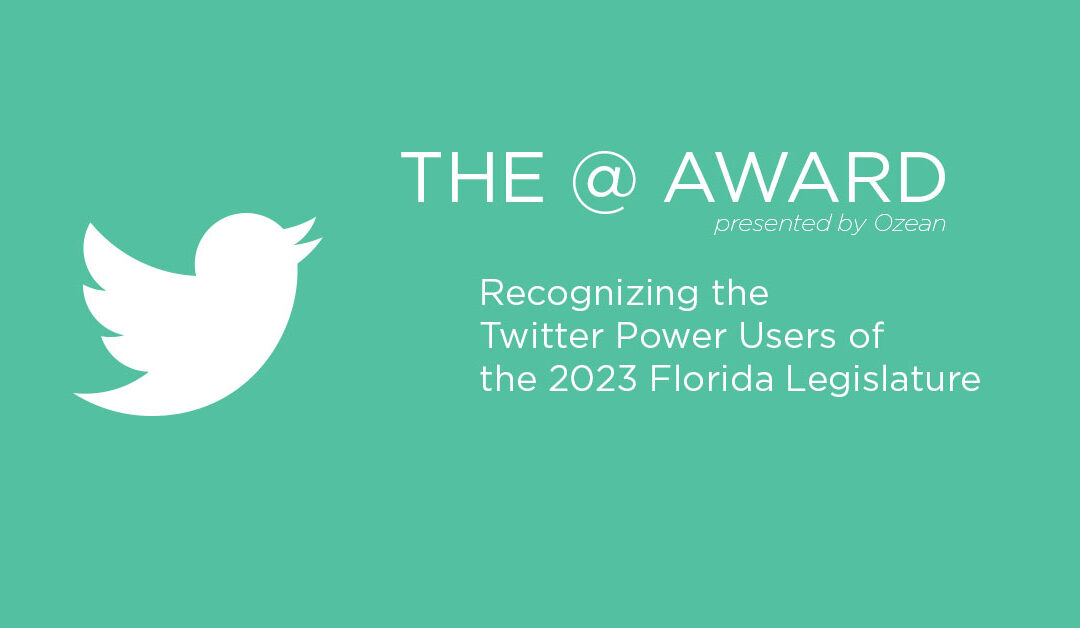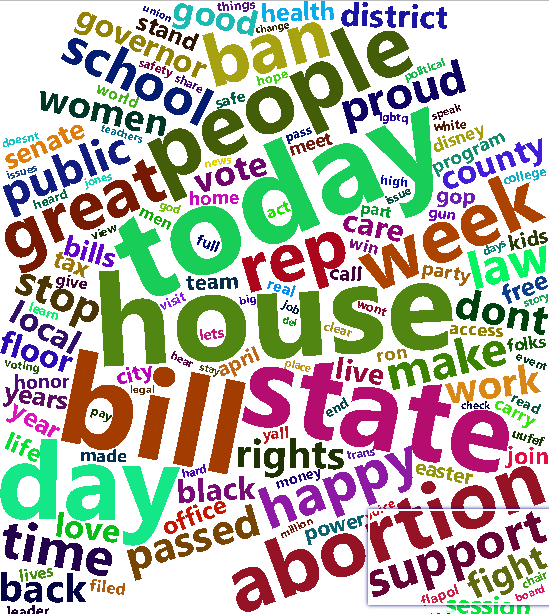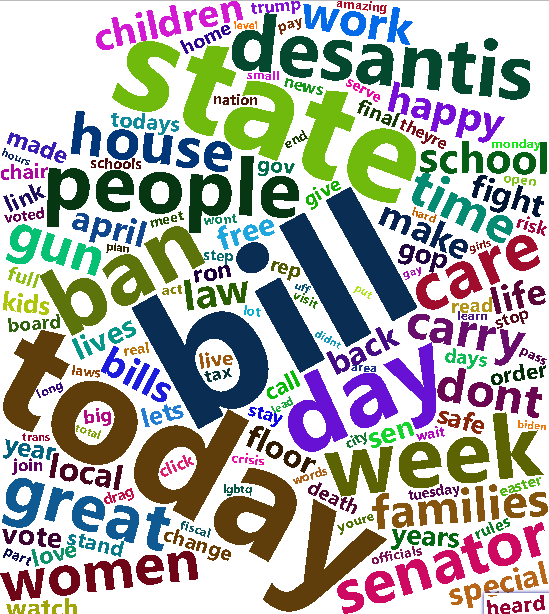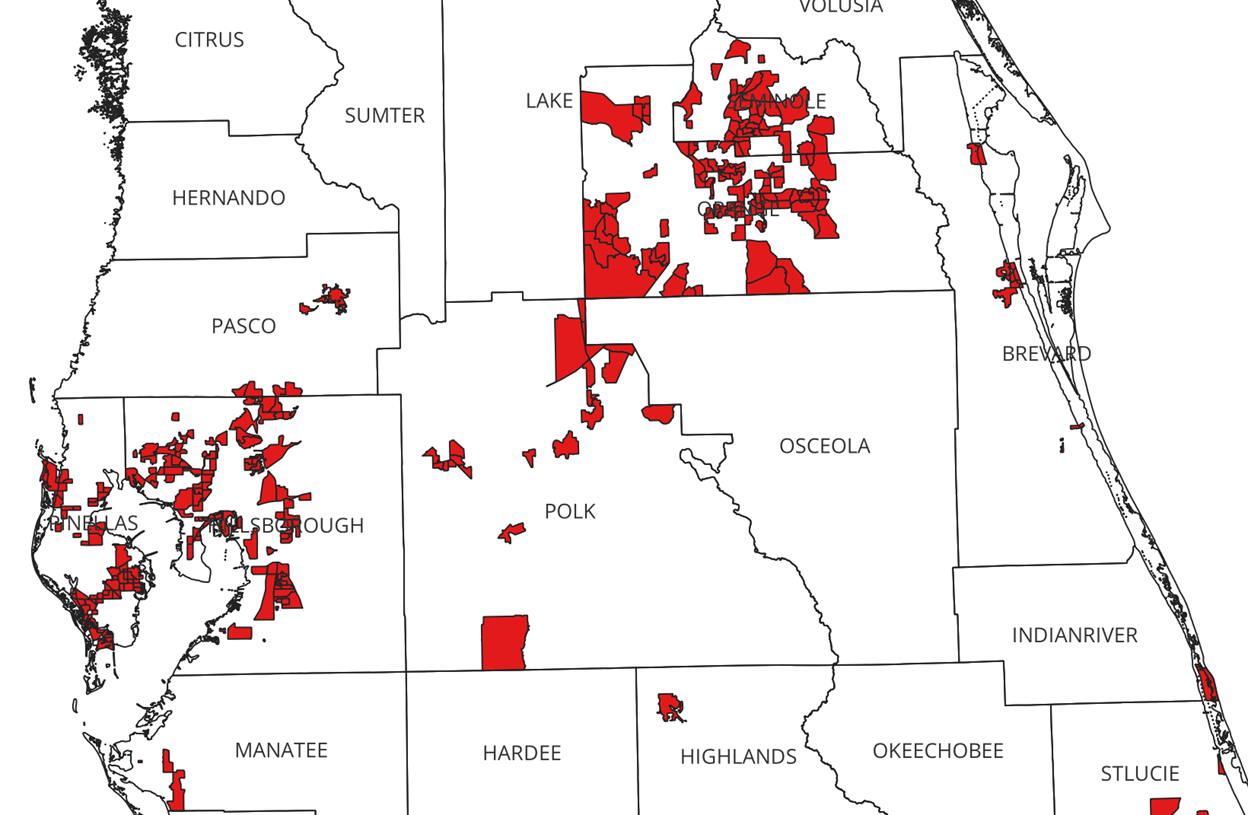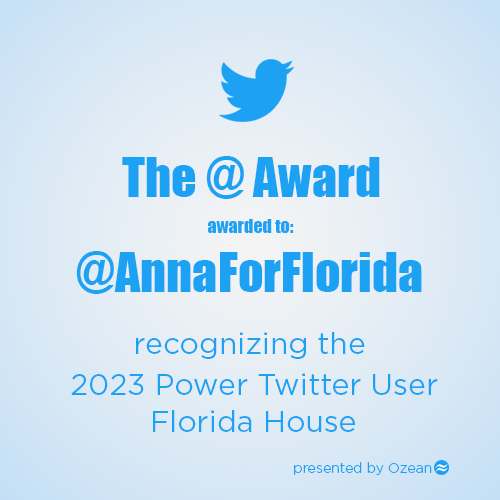
Ozean Media Announces @AnnaforFlorida as Winner of The ‘@’ Award
Ozean Media Announces @AnnaforFlorida as Winner of The ‘@’ Award
Rep. Anna V. Eskamani is Recognized as the Twitter Power User for the Florida House of Representatives
Alachua, FL – May 17, 2023– Ozean Media, a political affairs firm specializing in research, data, and media, announces @AnnaforFlorida (Representative Anna Eskamani) as the winner of The ‘@’ Award for Florida House of Representatives.
“Rep. Eskamani is the clear leader among her peers in the Florida House in the use of Twitter,” said Alex Patton, Managing Partner of Ozean Media. “She not only broadcasts her own messages, but also engages with others on the platform. If other elected officials are looking to up their Twitter game, Rep. Eskamani is a model worth studying.”
“It is no secret that significant political communication has been happening on Twitter, and Ozean Media is studying the various ways elected officials use or don’t use Twitter. The best in class rather than only broadcasting are interacting with people outside the political bubble and are using rich media such as images and videos”, concluded Patton.
“We knew studying Twitter at a time of massive changes on the platform would be risky, but we believe it was worth it. We believe we collected the largest sample of tweets from Florida Legislators to date, and we have gained a greater understanding of how elected officials are using Twitter,” said Ben Torpey, Ozean Media Consultant.
The ‘@’ Award will be presented at to Representative Anna Eskamani at her convenience in late May 2023. More information about the award, the final top 10 ranking, week-to-week standings, and the final report can be found at: Twitter Final Report 2023 FL Legislature
About Ozean Media
Ozean Media is a strategic partner in political affairs, providing consulting and public relations services to drive the movement of audiences toward a specific policy or cause. Ozean leverages research, data, message development, and media to achieve our clients’ goals. More information can be found at ozeanmedia.comhttps://ozeanmedia.com.
About The ‘@’ Award
The ‘@’ Award recognizes the top Twitter user among Florida’s House of Representatives and Senate based on a proprietary algorithm that weighs factors such as follower count, tweets, retweets, likes, and engagement. The award was originally scheduled to collect data until May 5, 2023, but Twitter’s API changes restricted access to data, so the award is based on data collected through Feb 26 – April 28, 2023.

